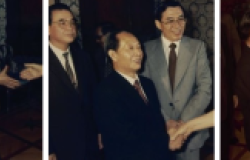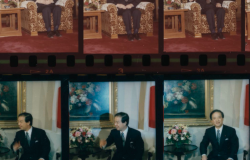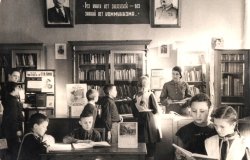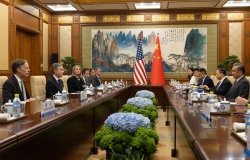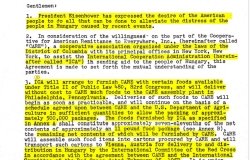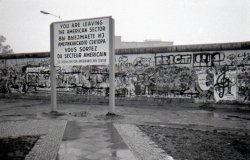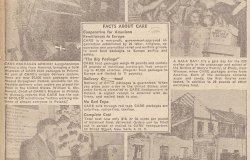NKIDP Releases New Collection of Documents on Korean War Armistice
Sixty years ago this week, the 1950-53 Korean War ended in an armistice, with neither side legitimately able to claim outright victory. NKIDP has released a collection of Russian, Chinese, and Polish documents on the armistice negotiations which span the nearly two-year period of talks.

Sixty years ago this week, the 1950-53 Korean War ended in an armistice, with neither side legitimately able to claim outright victory. When the armistice was signed on 27 July 1953, talks had already dragged on for more than two years. Issues such as the line of demarcation were agreed upon early in the negotiations by military commanders from North Korea and China on one side, and the United States on the other. Yet, for over a year-and-a-half, talks became ensnared on the exchange of prisoners of war.
NKIDP has released a collection of Russian, Chinese, and Polish documents on the armistice negotiations which span the nearly two-year period of talks (July 1951-July 1953). The documents shed new light on North Korean, Soviet, and Chinese strategic thinking toward the conflict and the armistice. They also reveal differences between North Korea and China in negotiating strategies and military tactics.
Image: UN delegate Lieut. Gen. William K. Harrison, Jr. (seated left), and Korean People’s Army and Chinese People’s Volunteers delegate Gen. Nam Il (seated right) signing the Korean War armistice agreement at P’anmunjŏm, Korea, July 27, 1953. (Dept. of Defense)
Related Programs

North Korea International Documentation Project
The North Korea International Documentation Project serves as an informational clearinghouse on North Korea for the scholarly and policymaking communities, disseminating documents on the DPRK from its former communist allies that provide valuable insight into the actions and nature of the North Korean state. It is part of the Wilson Center's History and Public Policy Program. Read more

Cold War International History Project
The Cold War International History Project supports the full and prompt release of historical materials by governments on all sides of the Cold War. Through an award winning Digital Archive, the Project allows scholars, journalists, students, and the interested public to reassess the Cold War and its many contemporary legacies. It is part of the Wilson Center's History and Public Policy Program. Read more

Hyundai Motor-Korea Foundation Center for Korean History and Public Policy
The Center for Korean History and Public Policy was established in 2015 with the generous support of the Hyundai Motor Company and the Korea Foundation to provide a coherent, long-term platform for improving historical understanding of Korea and informing the public policy debate on the Korean peninsula in the United States and beyond. Read more
